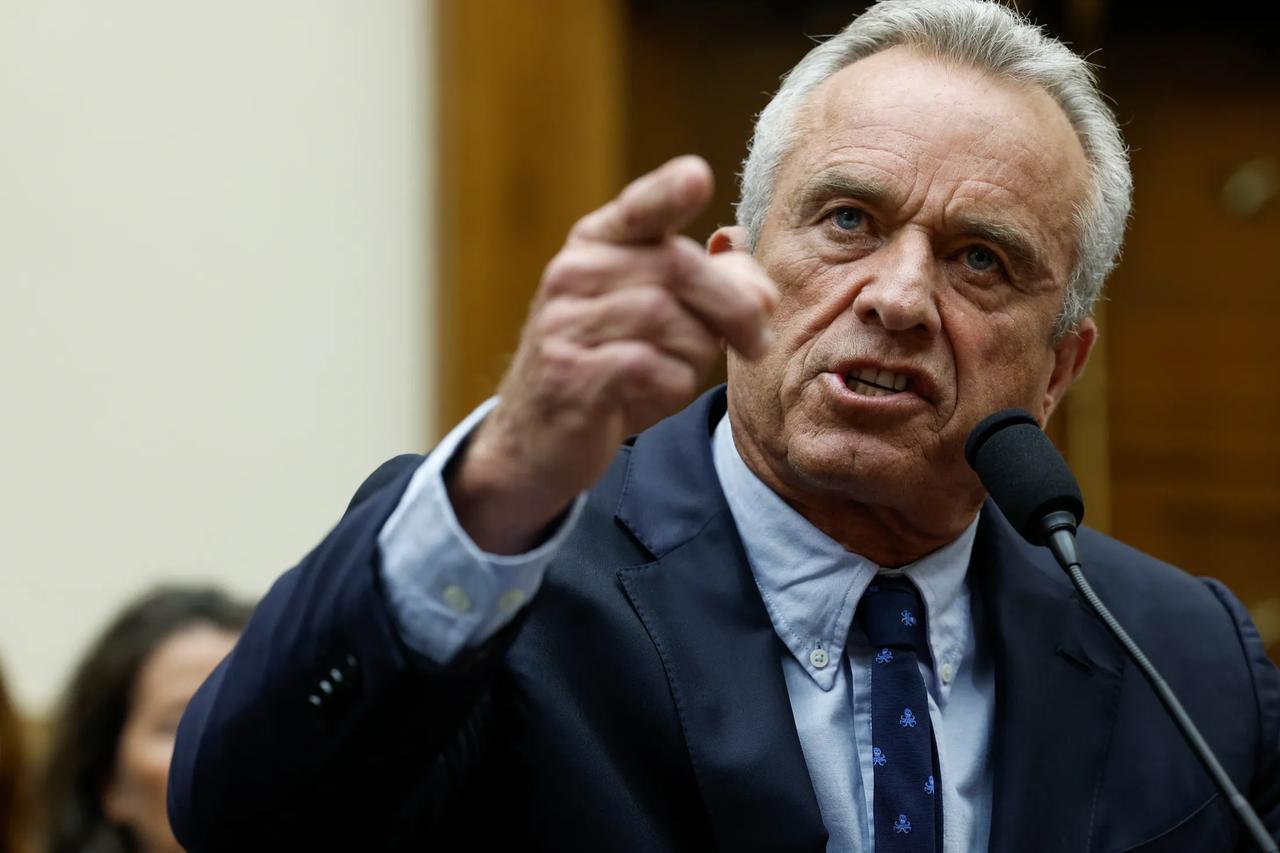
The U.S. Department of Health and Human Services (HHS) will end nearly $500 million in funding for 22 mRNA vaccine projects, a decision that public health experts say could leave the country unprepared for future pandemics.
What’s happening:
Kennedy’s reasoning:
Expert reaction:
Scientists strongly reject Health Secretary Robert F. Kennedy Jr.'s claims. “His science is backwards, as it often is,” Dr. Peter Hotez, dean of Baylor College of Medicine’s National School of Tropical Medicine, told NPR.
“This is a proven technology for emerging respiratory viruses. It is extremely safe and has been incredibly effective.”
Michael Head, a global health researcher at the University of Southampton, told The Guardian, “The mRNA vaccines saved about 20 million lives globally in the first year of their roll-out.” He described the platform as “plug-and-play” because it can be updated quickly to address new variants, reducing the threat from infectious diseases.
Michael Osterholm, who runs the Center for Infectious Disease Research and Policy at the University of Minnesota, called the cuts “the most dangerous public health judgment that I’ve seen in my 50 years in this business.” Jennifer Nuzzo, who leads the Pandemic Center at Brown University, told NPR the decision “absolutely leaves the country vulnerable.”
Coller noted that the speed of mRNA vaccine development was critical during COVID-19. “We were able to identify a pathogen, have a sequence, make a possible vaccine, develop that in nine months, and deploy it in the next three months. That’s unparalleled in human history,” he said. Traditional vaccines can take three to five years to develop, he added.
Experts say the cuts could slow cancer research and gene therapy development. Coller said researchers working on mRNA-based cancer therapies are “scared to even mention that they have mRNA-based medicines, because their patients will suffer if the funding gets cut off.”
Former US biodefense official Chris Meekins said the decision could “put the US at a strategic national security disadvantage.” Rick Bright, who once led BARDA, said, “We’re taking our country from 2025 back to 1940, and we all know that’s a recipe for disaster and failure.”
Coller warned that the funding withdrawal could cause a “brain drain” as scientists and companies move operations abroad. He said other countries, including China, are increasing investment in mRNA research. “If a pandemic comes out, we’re going to be caught asking China for their vaccines,” he said.
Hotez cautioned that undermining mRNA research sends the wrong message to the public. “They’re trying to make the case to the public that mRNA technology doesn’t work very well and it’s unsafe. And that’s absolutely untrue,” he said.
The decision marks a significant policy shift for the US health department, with potential consequences for medical research, pandemic readiness, and the country’s role in global vaccine development.